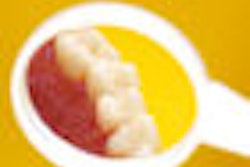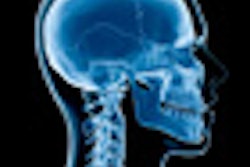PolyMedix's investigational defensin-mimetic compounds exhibited both anti-inflammatory and antimicrobial activity against microbial biofilms that cause infections of the oral cavity in two studies in the December issue of Molecular Oral Microbiology (Vol. 25:6, pp. 418-425, 426-432), the company announced.
In the first study, PolyMedix's antimicrobial defensin-mimetics were screened against oral Candida strains as a proof-of-principle test of their antifungal properties. The results demonstrated that several of the defensin-mimetic compounds exhibited potent antifungal activity against Candida species, in both biofilms formed on denture material and in the presence of saliva.
In the second study, PolyMedix's antimicrobial defensin-mimetics were screened against the microbial pathogens associated with periodontal diseases. Metabolic assays and culture and biomass measurement assays were used to determine if the defensin-mimetics were active against two bacterial species associated with periodontitis: Porphyromonas gingivalis and Aggregatibacter actinomycetemcomitans. The results demonstrated that the defensin-mimetics exhibited potent activity against biofilm cultures of both bacteria. In addition, for the first time, an anti-inflammatory response was seen through a reduction in activation of nuclear factor-κB.
This is the first scientific publication of the discovery of anti-inflammatory activity with PolyMedix's defensin-mimetic compounds, the company noted. These compounds are designed to mimic human host defense proteins, the body's natural defense against bacterial infections.
"Several of our defensin-mimetic antimicrobial compounds have demonstrated, in preclinical research studies, promising activity against fungi such as Candida that can cause infections of the oral cavity," said Richard Scott, vice president of research at PolyMedix, in a press release. "Resistance has developed to current treatments used for these infections, creating an important need for a new treatment where resistance is less likely to develop. We believe our small molecule defensin- mimetic compounds represent a novel approach to developing new agents to treat these painful infections, which sometimes can be life-threatening, with the important potential advantage of limited opportunity for the development of resistance."
Copyright © 2010 DrBicuspid.com



















